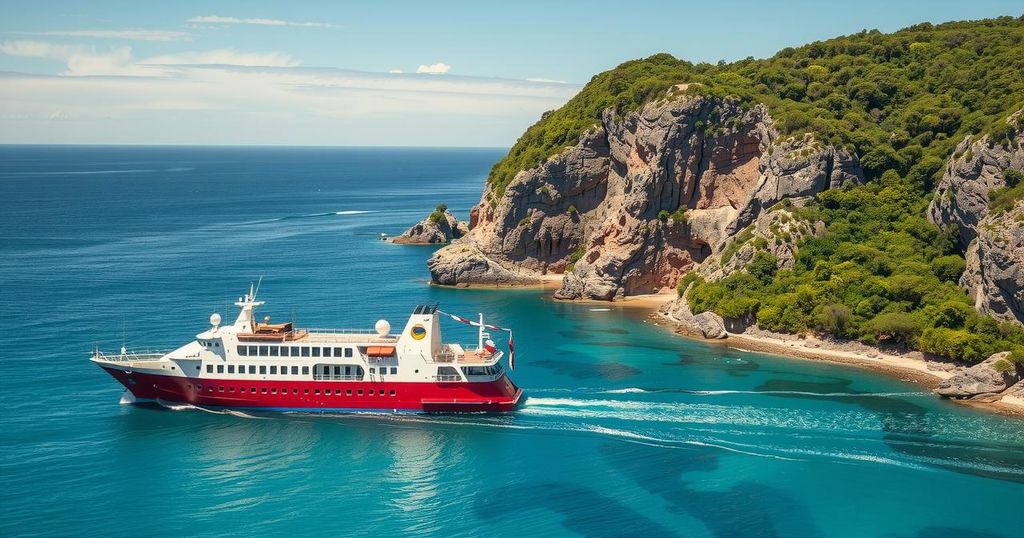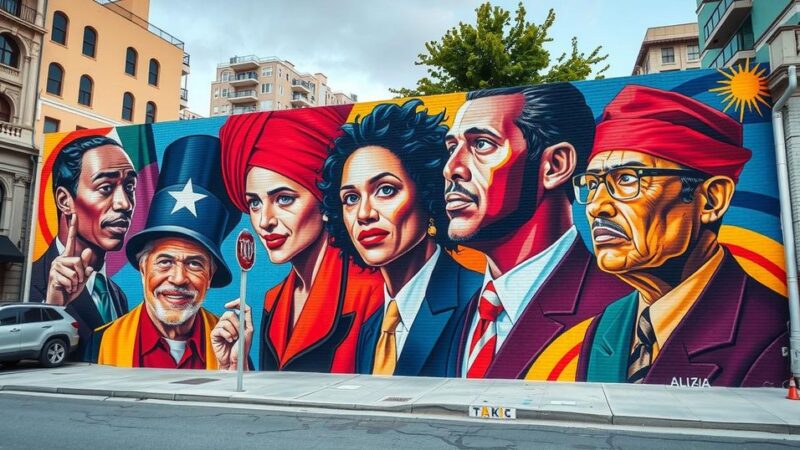The Great Passage cruise will navigate the historical transatlantic slave trade route from Brazil back to Angola. This project aims to educate participants about the legacy of slavery and promote accountability. Helena Monteiro da Costa, whose father was enslaved and transported to Brazil, hopes to participate in this significant journey, which addresses the shared heritage and lasting implications of colonialism.
A groundbreaking initiative is set to take place with the Great Passage cruise, which will traverse the historical transatlantic slave trade route from Brazil back to Angola. This endeavor seeks to address the legacy of slavery by educating participants about their shared heritage and promoting accountability for this dark chapter in history. Helena Monteiro da Costa, whose father was enslaved and forcibly transported from Angola to Brazil, hopes to join this journey next year.
The cruise aims to reverse the migration that saw millions of Africans forced into slavery, primarily through inhumane conditions aboard Portuguese ships. Between the 16th and 19th centuries, Brazil received approximately five million enslaved Africans, the largest number of any country, many originating from Angola. The initiative not only represents a crucial step towards reconciliation but also serves as a reminder of the profound impact of colonialism on the lives of individuals and communities.
By bringing attention to this troubled past, organizers of the Great Passage cruise hope to foster a deeper understanding of the enduring consequences of slavery and encourage broader dialogues surrounding race, identity, and heritage in both countries. Through this reflective journey, participants can honor the experiences of their ancestors while engaging in meaningful discussions about the past and how it shapes the present and future of both societies.
The transatlantic slave trade spanned several centuries, during which millions of Africans were forcibly taken from their homelands and transported across the ocean to work as slaves in the Americas. Brazil was one of the primary destinations for these enslaved individuals, receiving an estimated five million, primarily from Angola. This historical context underscores the significance of the Great Passage cruise, as it seeks to educate and confront the complex legacy of slavery, fostering awareness and understanding among those connected to this past.
The Great Passage cruise represents a significant move towards acknowledging the painful history of the slave trade and its impact on descendants today. By retracing the route from Brazil to Angola, participants like Helena Monteiro da Costa are given the opportunity to connect with their heritage and honor the memories of their ancestors. This journey not only educates but also initiates crucial conversations about accountability and healing, serving as a reminder of the resilience of those affected by the legacy of slavery.
Original Source: www.scmp.com






